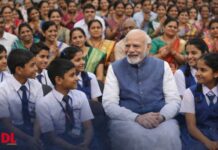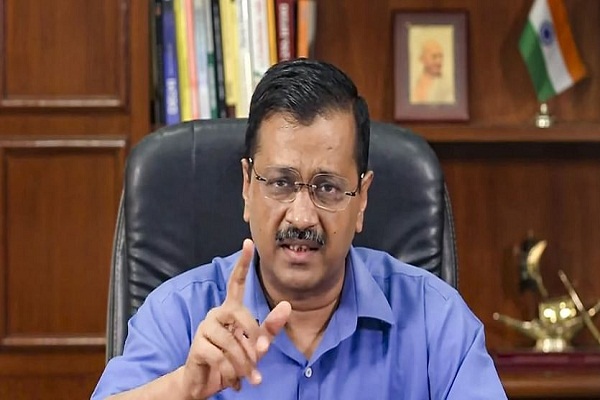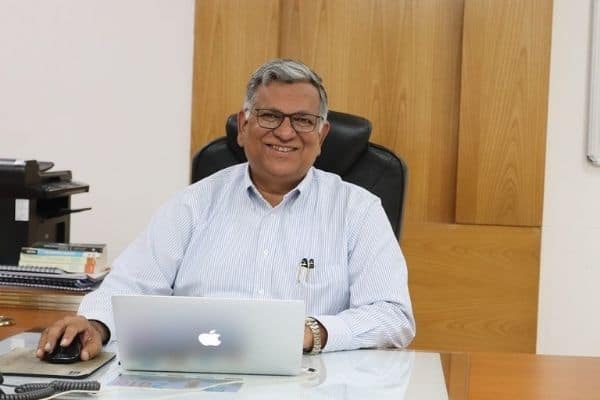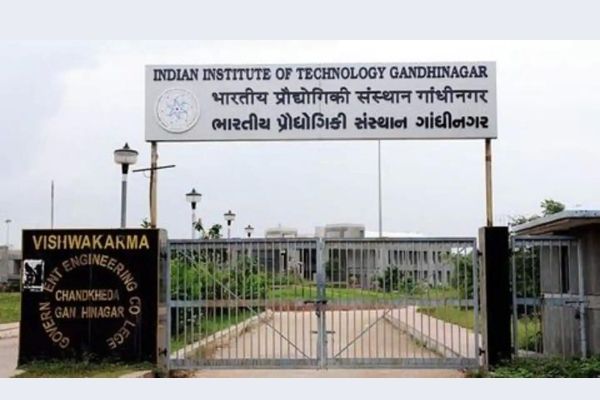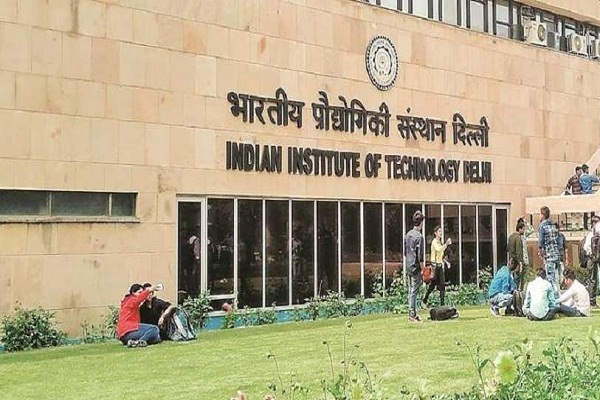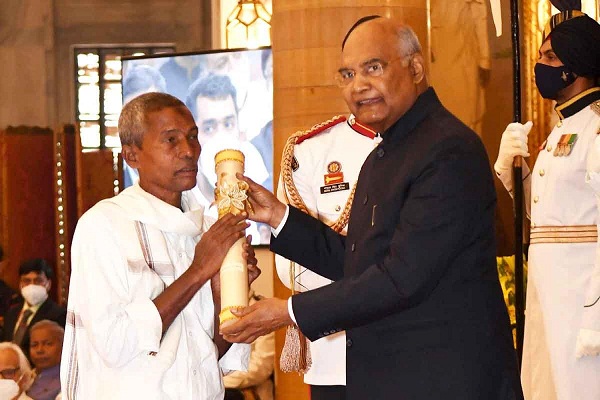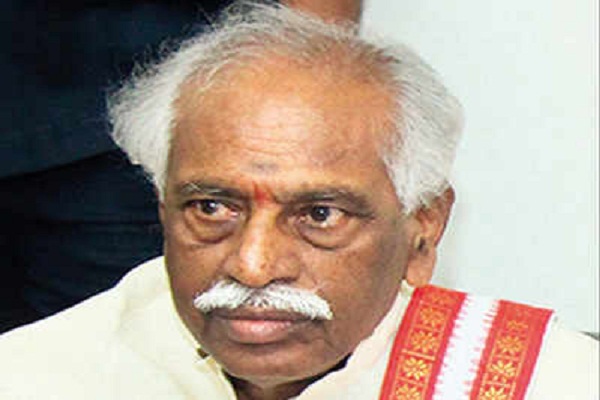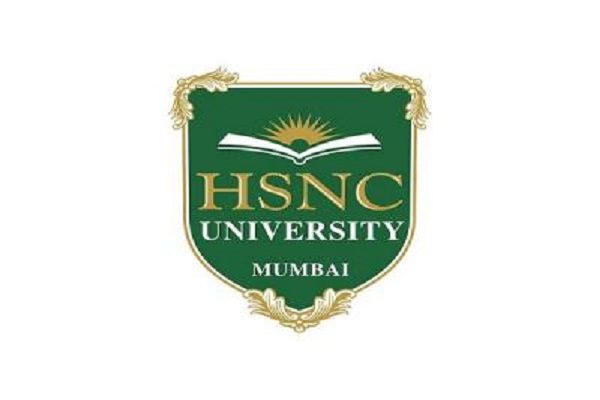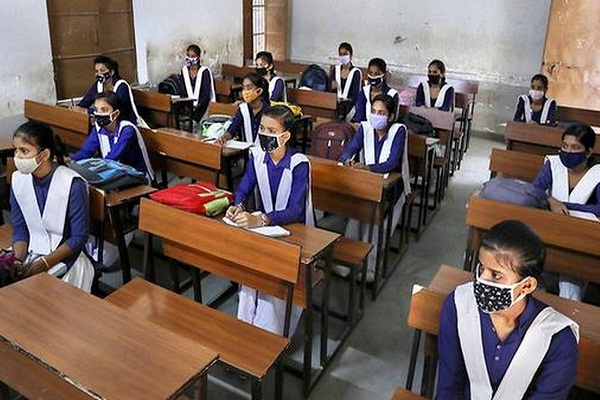Schools in Delhi will remain closed for a week and classes will continue in virtual mode, said Delhi Chief Minister Arvind Kejriwal recently.
From November 15 onwards, the school will continue in online mode. This decision was taken by the Delhi government to curb air pollution in Delhi. The government will submit a proposal today to the Supreme Court on the lockdown plan.
While addressing the media recently, Mr Kejriwal said: “For a week from Monday onwards, schools will be physically closed (they can continue virtually) so children don’t have to breathe polluted air. ”
The Delhi government is worried about the increased air pollution and needs emergency measures to control it.
During this time every year, Delhi’s air quality deteriorates to hazardous levels due to stubble burning, coal-fired plants outside the city, emissions from transport and other industries and due to the impact of external factors.
Deputy Chief Minister of Delhi, Manish Sisodia wrote on Twitter, “All schools, colleges and educational institutes in Delhi will remain shut next week as pollution levels hit emergency level.”
However, the delhi schools reopened from early November after a prolonged closure due to the ongoing Covis 19 pandemic.



